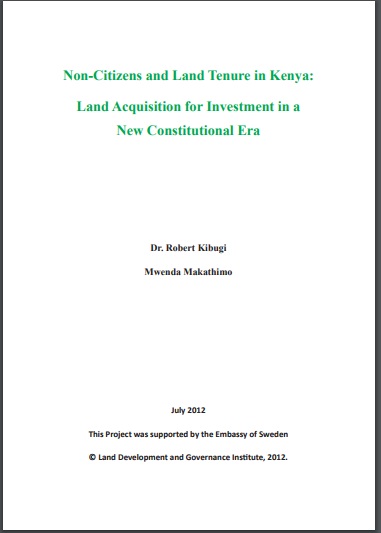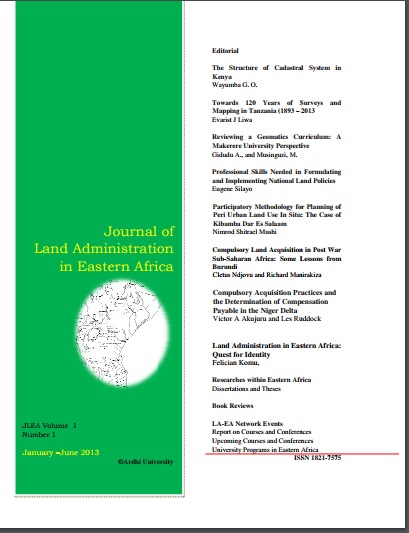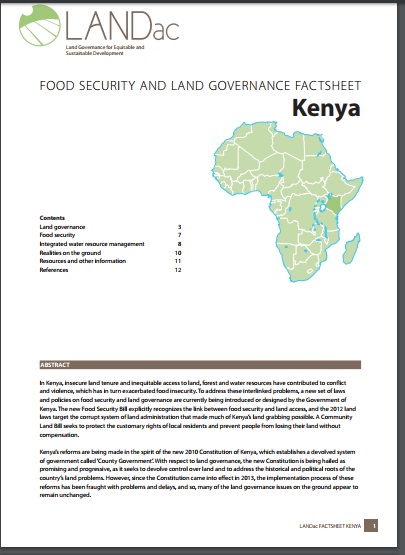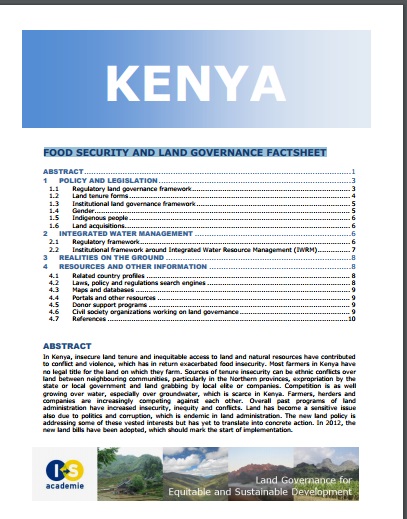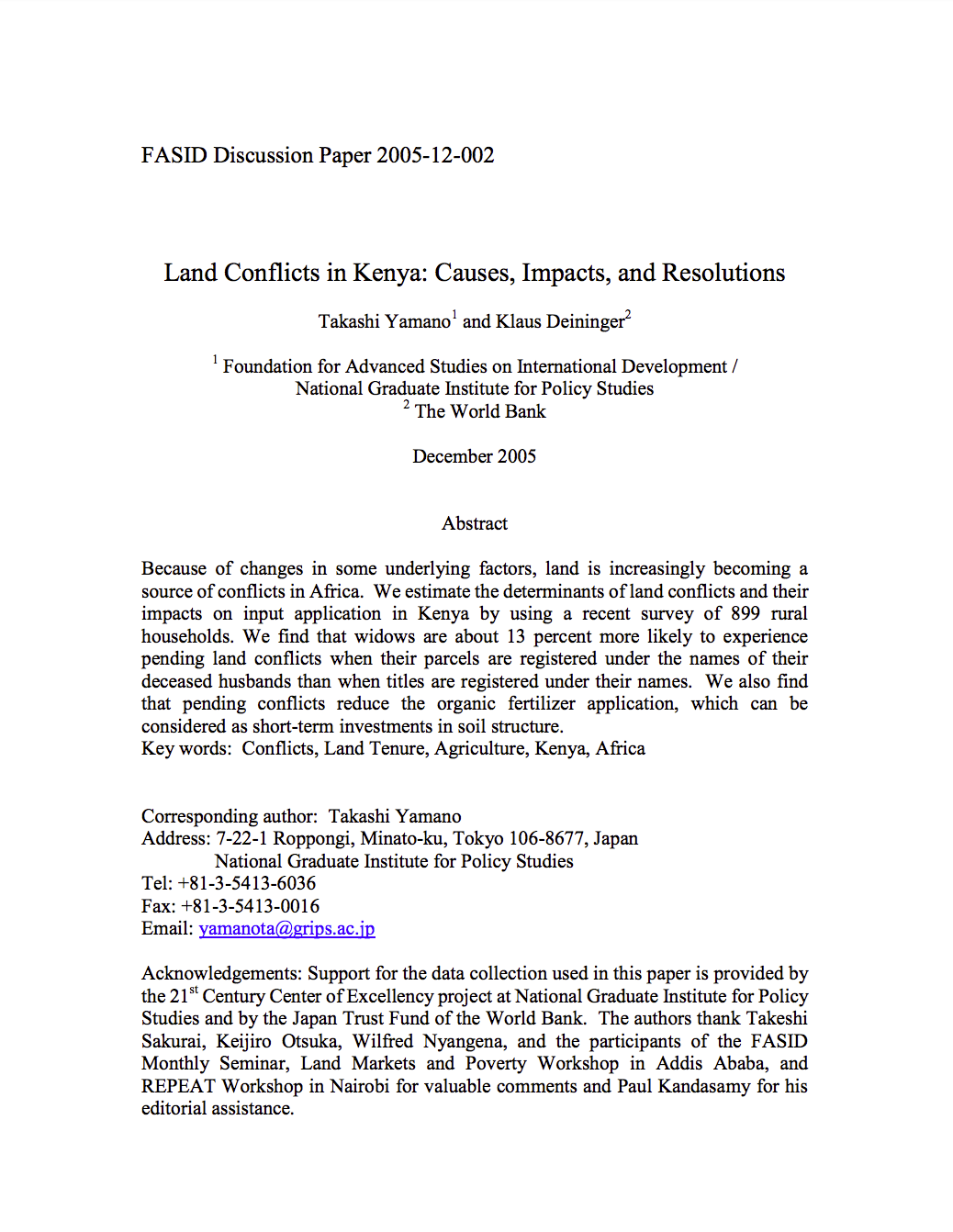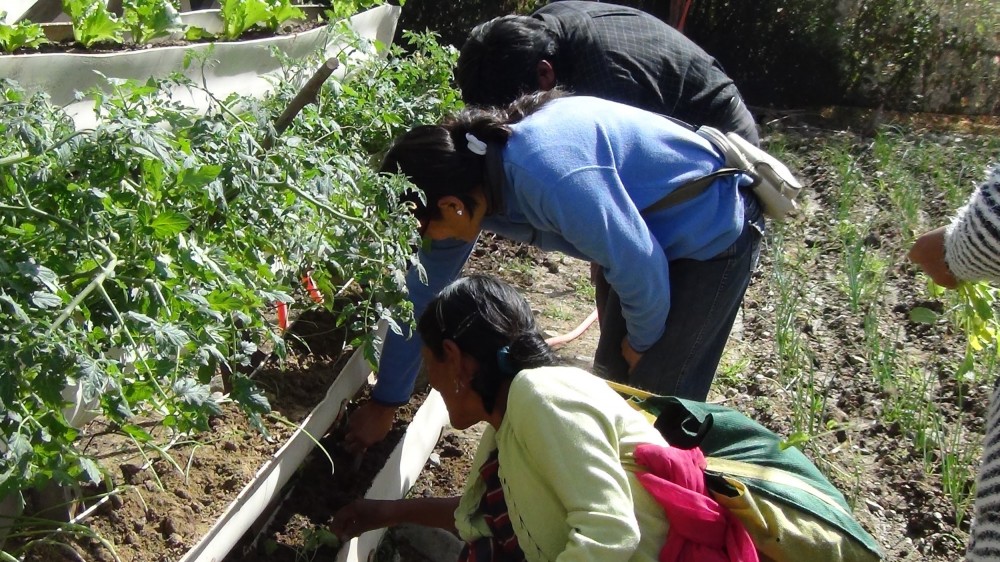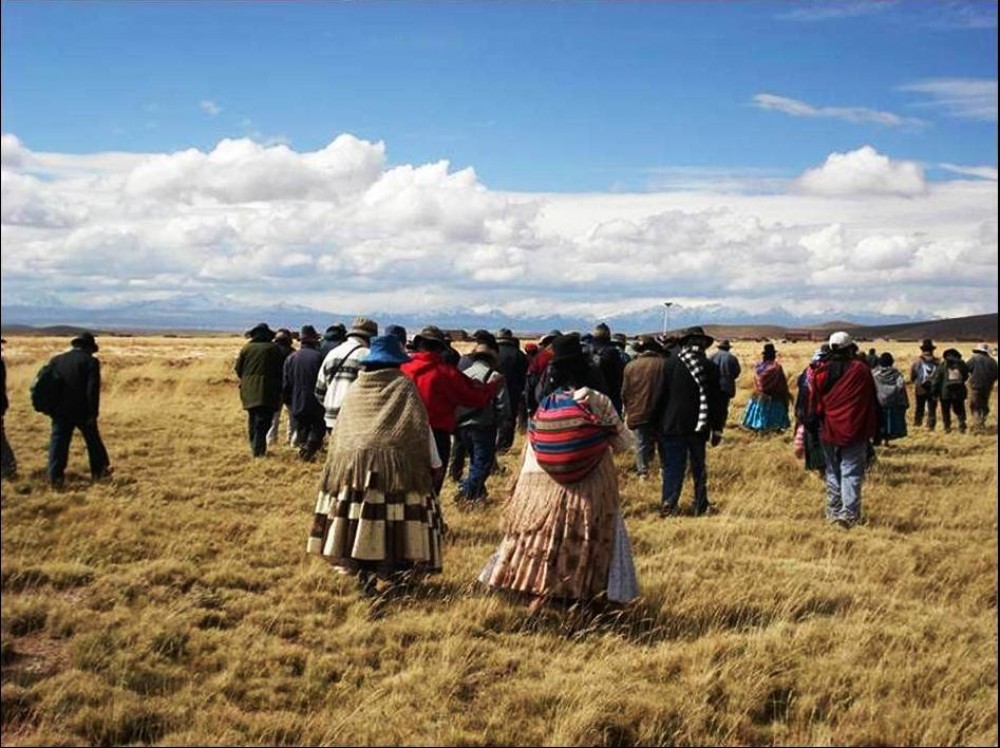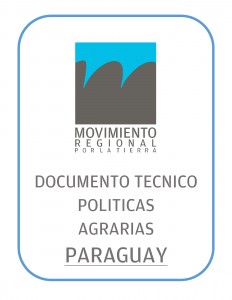NATIONAL LAND USE POLICY
The absence of a clearly defined land use policy in Kenya after years of independence has resulted in a haphazard approach to managing the different land use practices and policy responses. Land use continues to be addressed through many uncoordinated legal and policy frameworks that have done little to unravel the many issues that affect land use management. The Constitution of Kenya 2010, Kenya Vision 2030 and the Sessional Paper No. 3 of 2009 on National Land Policy all call for a clear framework for effectively addressing the challenges related to land use.


